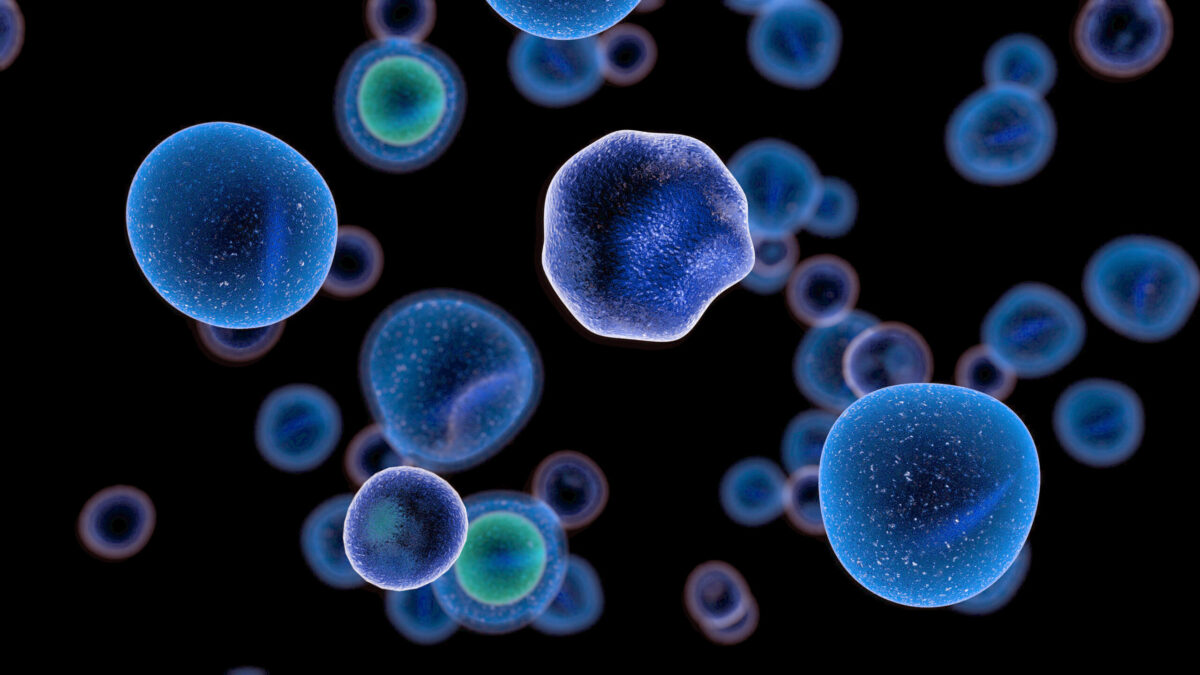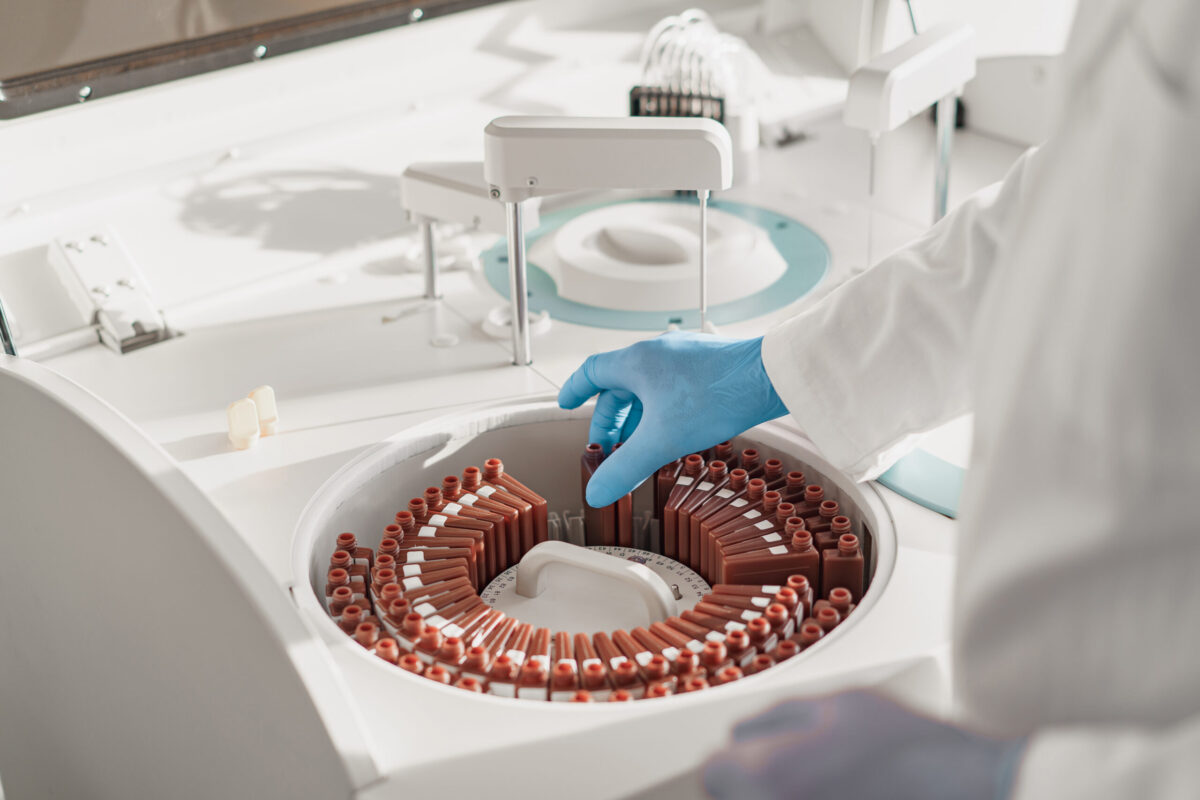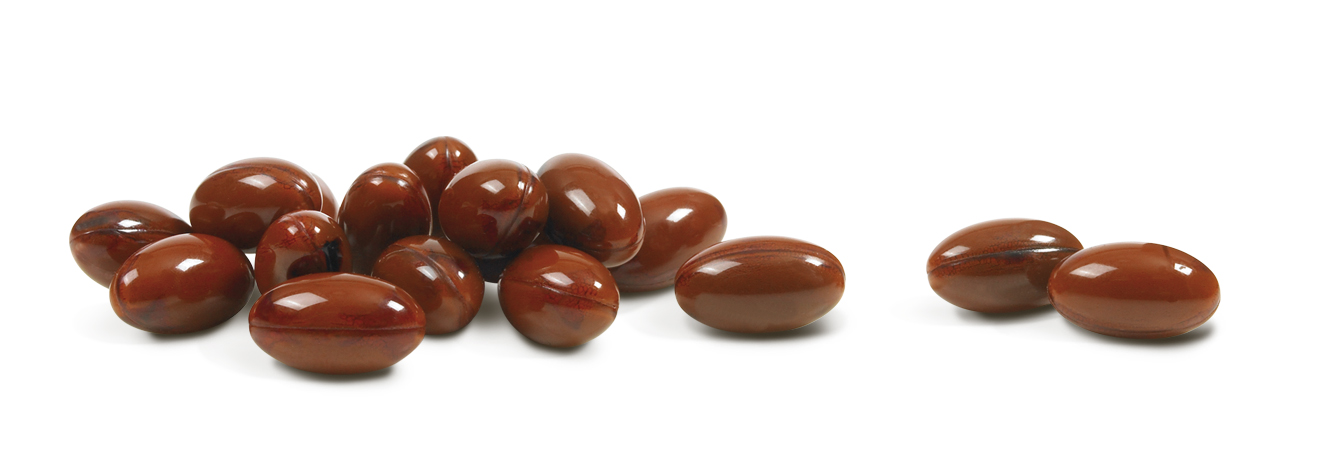Despite their best efforts to eat a balanced diet, consumers are increasingly aware that they may not be getting all the micronutrients necessary to maintain good health. For decades, consumers have been turning to dietary supplements and nutraceuticals to support their healthy lifestyle.
The global dietary supplements market is growing; in 2016, the category was valued at $132.8 billion. In just five years, the market is expected to grow to $220.3 billion, according to a recent report from Zion Market Research.
“In many cases, we can’t keep up with the need for essential nutrients through our normal diet and that’s where antioxidant-containing nutraceuticals play an important role,” said Dr. Tryggvi Stefánsson, Science Manager at the Iceland-based ingredient supplier, Algalif.
Antioxidants in particular, represent a growing category of nutraceuticals. These compounds are able to mitigate some of the damage caused by free radicals – most often reactive oxygen species – on the lipids present in cell membranes. Once these membranes break down, they can trigger cell death and potentially health issues in a number of tissue types.
Fortunately, a number of naturally-occurring antioxidants are available to consumers to help prevent free radical damage. For nutraceuticals manufacturers, it’s important to choose a highly-potent antioxidant which is sustainable to produce and can easily be formulated into a number of product forms.
Vitamin C
Also known as ascorbic acid, vitamin C is an essential vitamin in the human diet. A number of forms of this popular supplement are available to consumers, including pills, capsules and powders, and it is commonly added to multivitamins.
Vitamin C is a non-enzymatic antioxidant capable of neutralizing potentially harmful reactive oxygen species. While many fruits and vegetables – such as broccoli, strawberries and oranges – are high in dietary vitamin C, most ascorbic acid is produced via a synthetic manufacturing process.
β-carotene
β-carotene is a provitamin which acts as a precursor to vitamin A in the body. This pigment gives vegetables like carrots their bright orange colour. Since β-carotene is converted to vitamin A in the body, it’s an important factor in maintaining eye health and vision.
Broccoli and onions are also good sources of dietary β-carotene, however individuals who take supplements need to be aware of a risk of overdose. Over consumption of β-carotene can result in toxic effects due to the body’s over production of vitamin A. Like vitamin C, β-carotene is a non-enzymatic antioxidant.
Astaxanthin
Compared to vitamin C and β-carotene, astaxanthin is a more powerful antioxidant capable of neutralizing cellular reactive oxygen species. In comparative studies, astaxanthin has been shown to be 6,000 times more powerful than vitamin C, and 5 times more powerful than β-carotene in capturing energy from a type of reactive oxygen species known as singlet oxygen.
Astaxanthin is lipid-soluble, and due to its molecular structure, it’s able to more efficiently sequester free radicals. According to Stefánsson, astaxanthin has been available in supplement form for the last 20 years, however interest in the powerful antioxidant has been increasing in the past decade.
Synthetic forms of astaxanthin are available, however natural sources have been shown to be most effective. Shrimp, lobster, salmon and other aquatic animals are high in astaxanthin, however a species of microalgae – Haematococcus pluvialis – synthesizes high levels of astaxanthin which makes it ideal for large-scale production of the antioxidant.
Best of all, astaxanthin can be formulated alongside other lipid-soluble nutrients – such as krill oil – to create multi-functional nutraceuticals. Astaxanthin’s mode-of-action and potency make it an attractive antioxidant to both nutraceutical manufacturers and consumers.
To learn more about formulating nutraceutical products with antioxidants – in particular, astaxanthin – register for Algalif’s webinar, “Not All Antioxidants Are Created Equal: Astaxanthin, The Antioxidant Powerhouse.”
This article was created in collaboration with the sponsoring company and the Xtalks editorial team.








Join or login to leave a comment
JOIN LOGIN